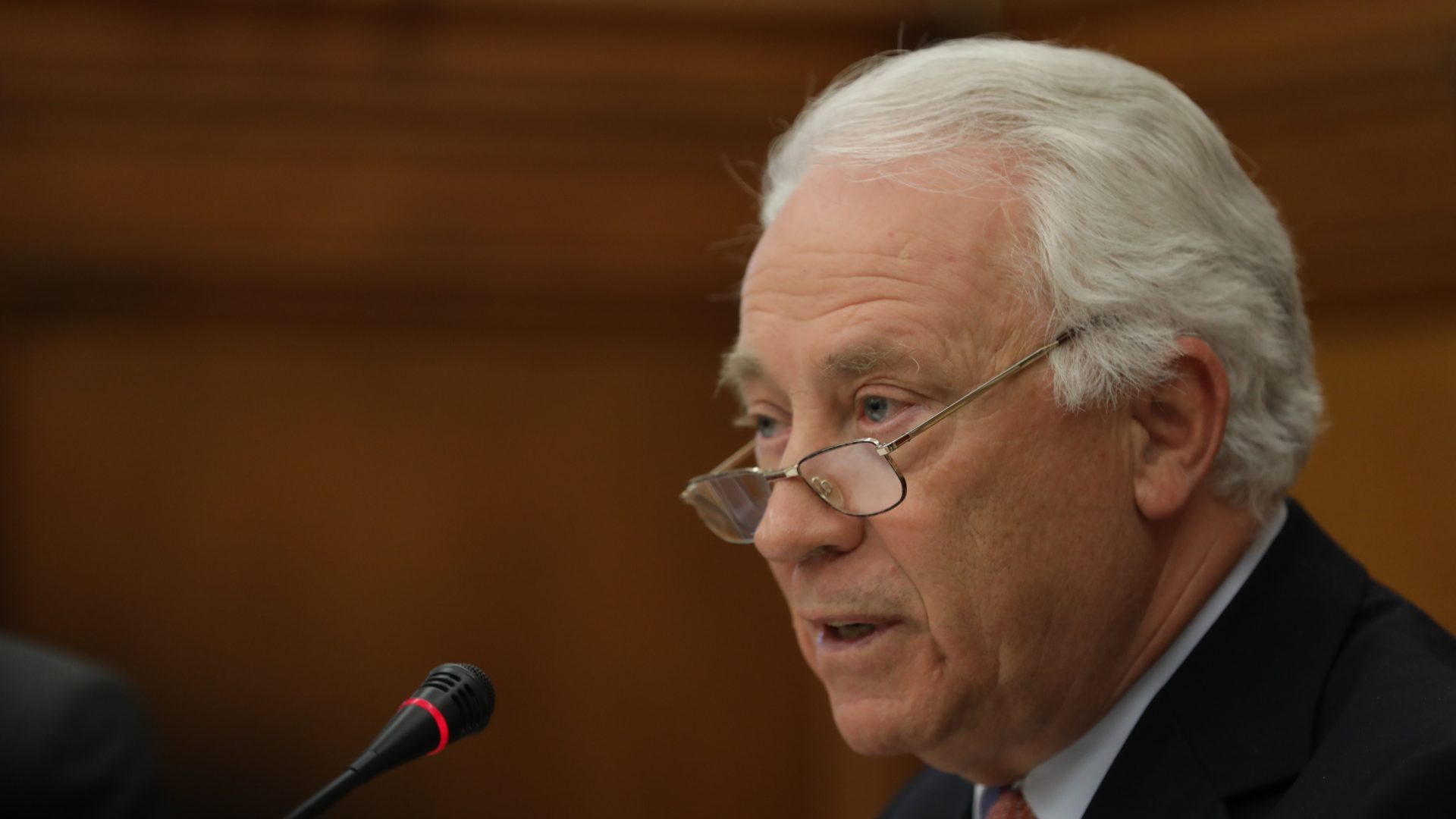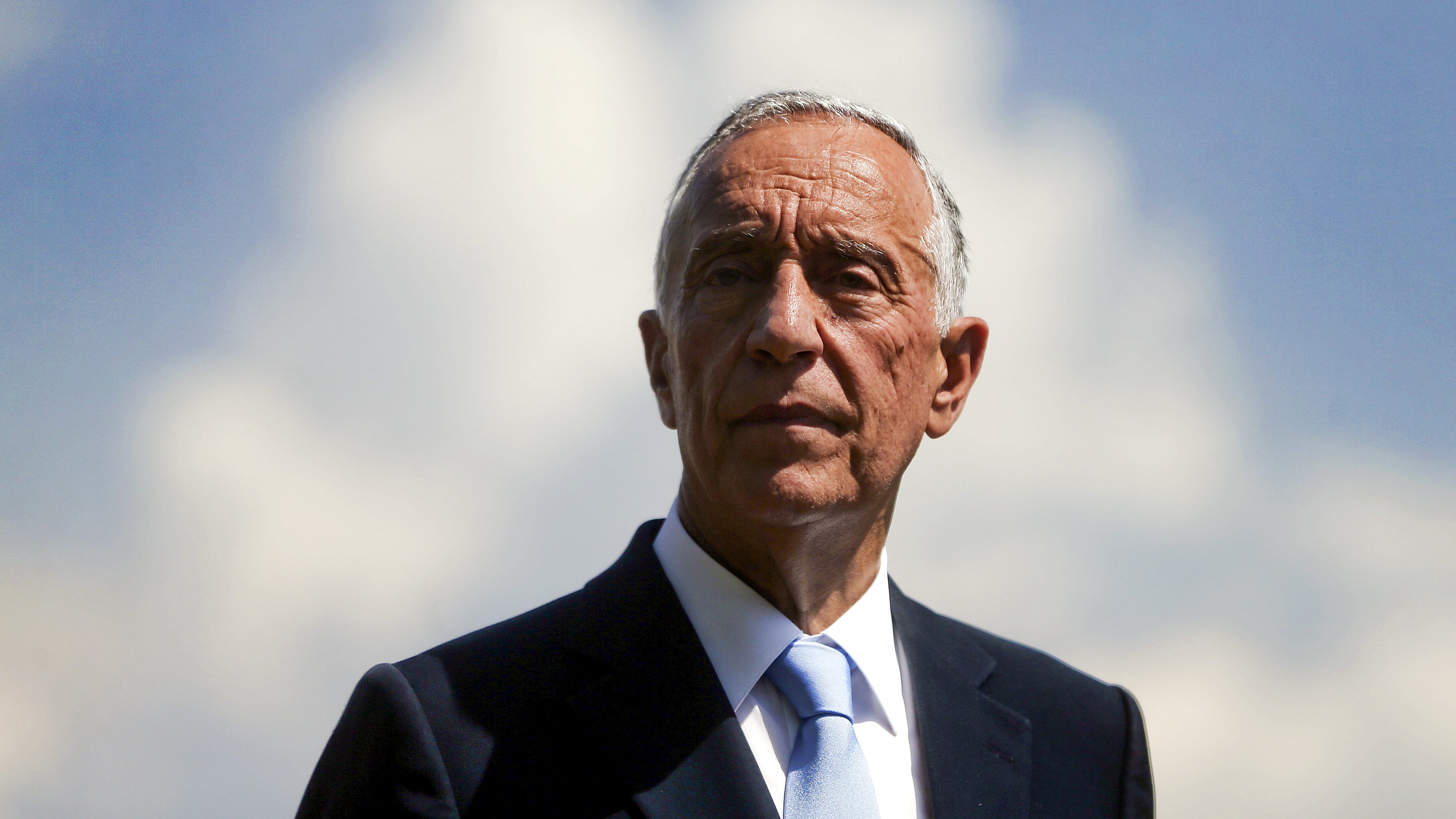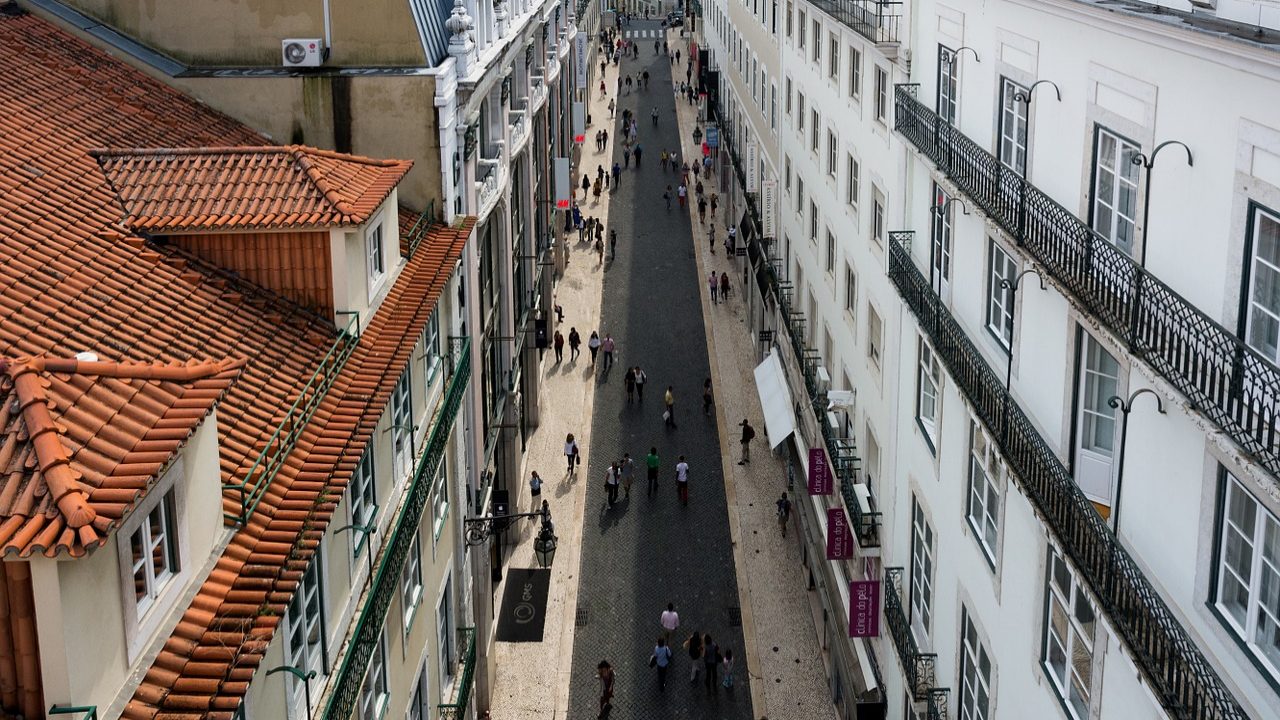What is the future of Europe? Commissioner Moscovici defends the creation of a “Eurozone budget”
The Commissioner for Economic Affairs, Pierre Moscovici, and the Portuguese PM, António Costa, were debating the future of Europe in Lisbon this Thursday, at ISEG. Moscovici wants a "Eurozone Budget".
What is the future of Europe after all? “The deepening of the Economic and Monetary Union”, according to Costa, which will certainly go through creating a “Eurozone budget”, “which is the only way to solve issues on a supranational level”, Moscovici stated in Lisbon, while attending the last of a series of “Meetings with citizens” organized by the Business School ISEG.
The Portuguese Prime Minister and the Commissioner for Economic and Financial Affairs, Taxation and Customs Union gathered to discuss new ways to combat the modern challenges faced by the Europeans.

For Costa, the key to solving these issues is diversity — alongside a new financial convergence strategy at EU level. “It is a central issue which hasn’t been solved yet – if there we have no budgetary capacity, there is no monetary union. Member-states should consider putting more money into the monetary union and the EU should have more resources. Apart from stabilizing, we should focus on, as a prime goal, in increasing our budgetary capacity to increase convergence and reduce asymmetries, which are the factors representing more risks for the EU”.
“We cannot overcome the challenges posed by Brexit, or the current migration flow, or even the threats outside EU borders if one of EU’s pillars isn’t solid. So what is the priority for the future? Clearly, to reform the EuroZone and to reinforce the economic and monetary union’s cohesion”, the PM added.
Moscovici said he felt “restless” about the wave of populism which has hit the European Union, targeting the region and threatening to bring EU to an early end. “We cannot afford to lose this war. We must defend the rule of law and sovereignty. This is a European fight”, he stated, without forgetting to refer to the scars the financial crisis left all over Europe.
“We can’t allow it any longer, that so many feel, so often, that they are the ones being ‘hit’ the hardest with financial constraints. With a Eurozone Budget, we could take care of issues which are impossible to address at the national level. We need such a Budget in order to increase competitiveness” Moscovici said. He also referred that postponing the Budget issue to next year would be a mistake, as he fears it would be “too late”, and left a word of encouragement to the Portuguese, congratulating the country for the performance it had economically which took the country out of the excessive deficit procedure.
“I am in favour of flexibility. Some ‘madmen’ wanted to sanction Portugal in 2016 when the country was still suffering. I believe in flexibility, but I also believe in rules. Debts have to be paid, and this one is still above 110% of GDP”, the Commissioner commented. Speaking of the sanctions, Costa added that ” ‘they’ wanted to punish Portugal because it hadn’t complied with the rules between 2011 and 2015″; however, he did not disclose who these “madmen” were.
That was a dramatic day for Portugal, back in 2016, and only with a little help from Moscovici and Carlos Moedas, a Portuguese Commissioner did Jean-Claude Juncker give up on the “madness”. “It would have had a disastrous effect on the market”, the Prime-Minister noted, “in a time when we were already getting better”.
How should Europe react in case ‘another Brexit’ threaten it?
The question came spontaneously from someone in the audience. “The first step will be to allow Europe to converge regardless of the variety of forms it has”, the prime minister said, referring to the countries which are outside the eurozone and to all the very different pacts which make the EU what it is. “We should not force all to enter the same boat. Yet ‘another Brexit’ is a path the EU should avoid.”
“Who would want that [another Brexit]?”, Moscovici asked, ironically, not forgetting to mention that the EU lost 15% of its GDP as the British decided to sail back to isolationism. “We are absolutely sure it is not a good deal”, he concluded.




